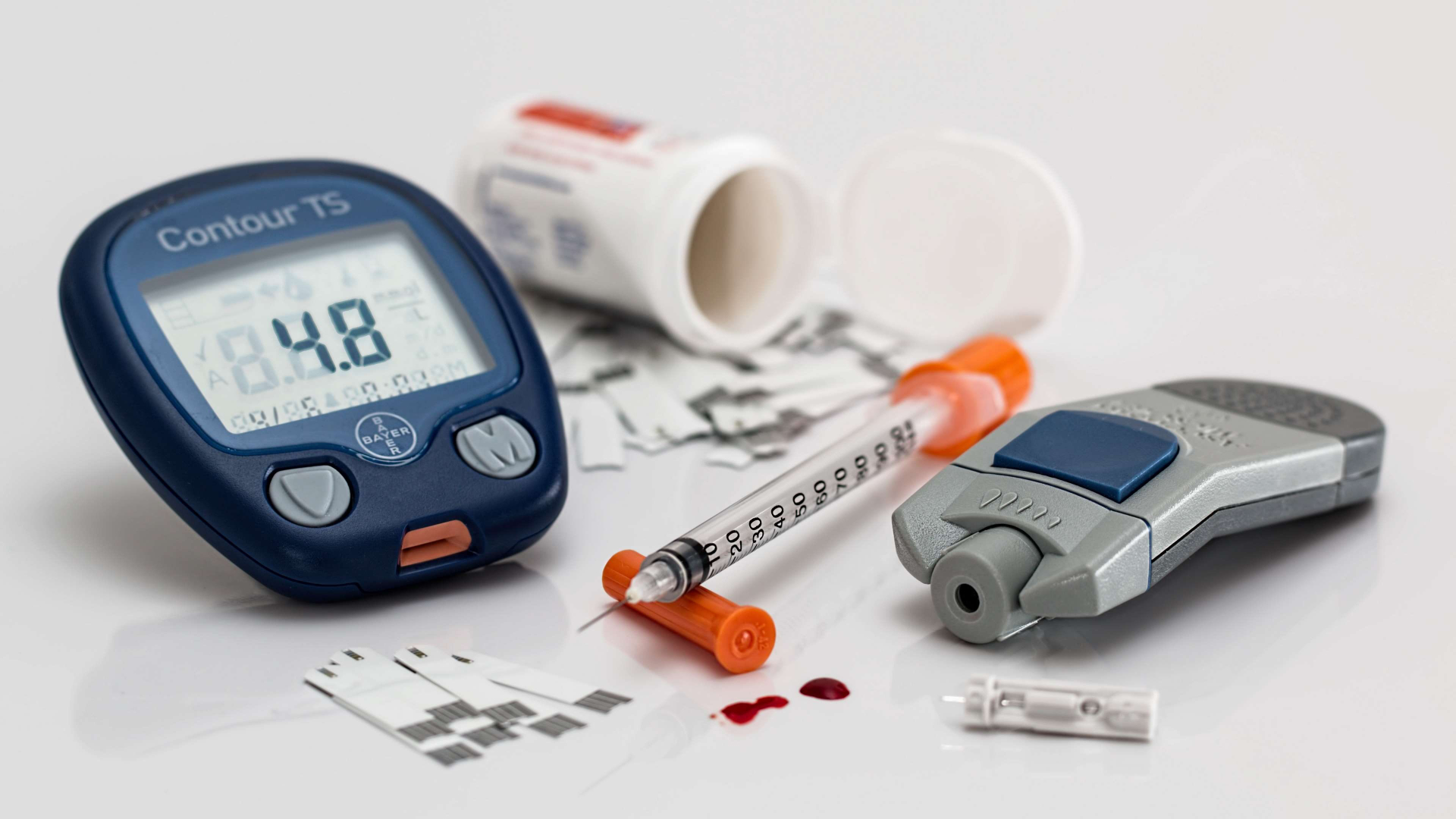Bisphenol A (BPA), a plasticizer found in the lining of food cans, plastic containers with recycling codes 3 or 7, dental sealants, toilet paper, and cash register receipts, may play a role in the rising rate of type 2 diabetes worldwide, according to Miguel Hernandez University research. BPA is a known endocrine disrupter, meaning it may change the body’s endocrine system, which controls reproduction, neurological function, immune response, and metabolism. The researchers studied the effect of BPA in mice and in human pancreatic cells. They found that as little as a quarter of a billionth of a gram of BPA can act like estrogen on hormone receptors, causing nearly twice as much insulin to be produced. “When you eat something with BPA, it’s like telling your organs that you are eating more than you are really eating,” says lead researcher Angel Nadal. Exposure to small amounts of BPA may be more dangerous, since higher doses overwhelm receptors, shutting them down. Pregnant women ingesting BPA expose their fetuses to both BPA and high levels of insulin, which may predispose them to be overweight. To reduce exposure to BPA do not eat canned foods; purchase, store, and cook food in containers that do not contain BPA, such as stainless steel, glass, porcelain, or cardboard; choose glass or BPA-free baby bottles; and use powdered rather than liquid baby formula.
Study Strengthens Link Between Common Chemical and Type 2





